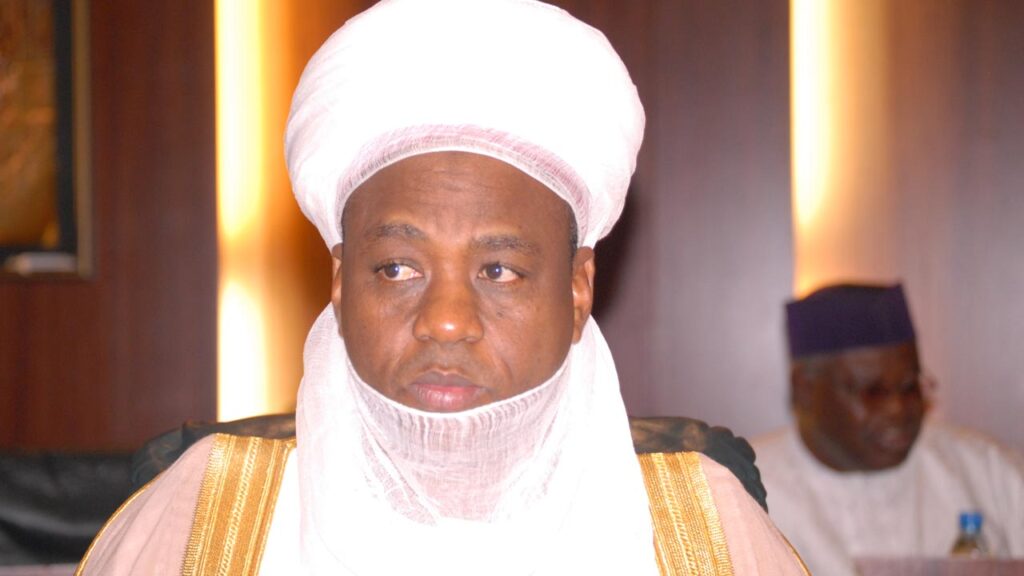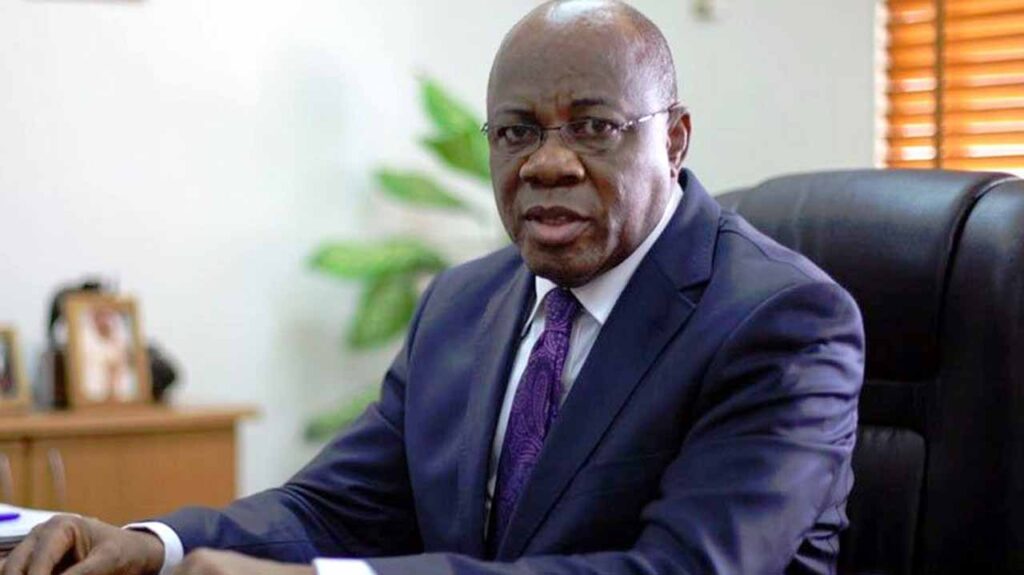
The Court of Appeal in Abuja on Friday said the Code of Conduct Bureau (CCB) is not obligated to disclose former Presidents Goodluck Jonathan and Muhammadu Buhari’s assets declaration forms.
The plaintiffs had also sought the release of assets declaration information of former Vice-Presidents Namadi Sambo and Yemi Osinbajo as well as other serving and retired public officers in Nigeria to scrutinize them.
However, the trial court in November 2017 declined the plaintiffs’ request on the basis that the Freedom of Information Act upon which the application was made conflicts with some provisions of the Constitution – the supreme law of Nigeria.
In a judgment delivered by a three-member panel of the Court of Appeal in Abuja on Friday, the appellate court upheld the decision of the trial court.
Okon Abang who read the unanimous decision of the Court of Appeal said the CCB was not bound to grant the appellants’ (the Public and Private Development Centre and the African Centre for Media and Information Literacy)request for copies of written declaration of assets submitted by public officers in Nigeria.
Mr Abang agreed with Mr Kafarati’s legal reasoning that the provisions of Paragraph 3 (C) Part One of the Third Schedule to the 1999 Constitution stipulates that, “the Bureau shall have power to see, retain custody of such declaration and made available for inspection by any citizen of Nigeria on such terms and conditions as the National Assembly may prescribe.”
The justice held said the National Assembly has yet to comply with the statutory obligation imposed on it to prescribe modalities for the release of assets declaration information of public officers in the country.
“This is a duty imposed on the National Assembly by the constitution which is yet to be carried out by it; until that is done the appellants cannot urge the trial court to compel the respondent (CCB) to disclose the information sought,” Mr Abang explained.
He noted that the appellants had no cause of action against the CCB until the parliament fulfilled its obligation as imposed by the constitution.
Evaluating the arguments of lawyers to parties in the suit, Mr Abang said the counsel to the appellants believed that the CCB had an imaginary power.
“The Freedom of Information Act cannot impose an obligation on the CCB in defiance to declare an unambiguous provision of the constitution.”
The Justice further explained that the FoI Act as an enactment of the National Assembly is subject to the provisions of the Constitution.
“The appellant should not be and cannot be in a hurry. The provisions of the Constitution must be strictly followed.”
The court held that the appellants have to comply with the provisions of the Constitution “before an attempt is made to compel the CCB to disclose any information contained in the Assets Declaration of former Presidents Goodluck Jonathan and Muhammadu Buhari, and other serving and retired public officers.”
“In the final analysis, the appellants issue one is resolved in favour of the respondent against the appellant. The appeal lacks merit and it is accordingly dismissed,” Mr Abang said.
The court imposed a N200,000 fine on the appellants in favour of the CCB.
Two civil society organizations: the Public and Private Development Centre and the African Centre for Media and Information Literacy (AFRICMIL), had sued the CCB at the Federal High Court in Abuja, requesting the bureau to release the assets declaration information of Jonathan and Buhari.













